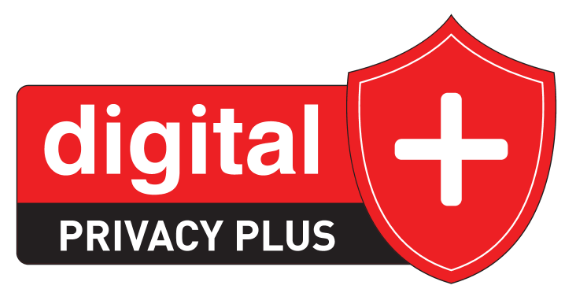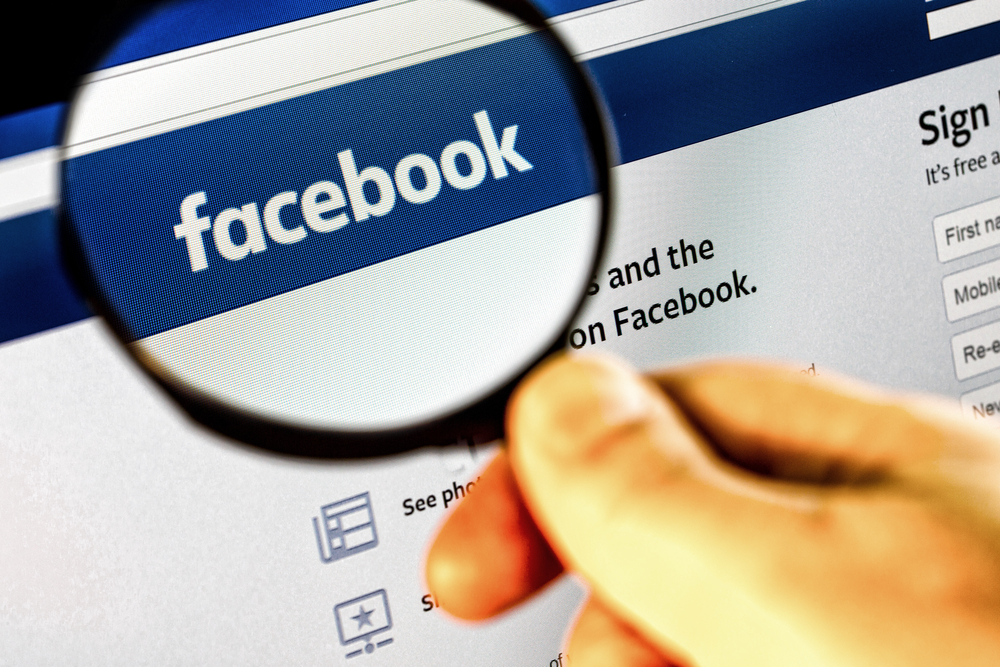As long as there are people on this earth, there will be other people trying to cheat them out of their money. Scammers can be among the most innovative and creative people on the Internet, and you can find them in the dozens on social media apps like Facebook. Facebook lends itself to specific types of scams. This article will describe three Facebook scams to beware, and how you might recognize them. Learn what to do if you’ve fallen prey to a scammer.
1. The work from home scam
These scams have actually existed longer than Facebook. Ever since phones were around, scammers have promised easy money in return for simple, mundane tasks. If you belong to any Facebook groups, you’ve probably seen people posting about making “$1,400 a week from home, no experience required.” These ads will promise the moon! Flexible hours, high pay, easy tasks, and all from the comfort of your home. If the promises sound too good to be true, they probably are.
Some of the most common tasks involved stuffing envelopes, returning phone calls and/or emails, medical billing, or putting together simple crafts. If you see high-pay for this type of work, beware. Some other warning signs include:
• Making an upfront payment for training, software, or something similar
• The job advertertises you need no experience to apply
• Quick results and very high pay for little or no work
In these cases, the company is after either your money or your personal data. Stories abound of people paying a fee for training, only to find the company stops returning phone calls once they’ve processed the payment. Other stories exist of the hiring company asking for personal details. Which are then sold online or used in fraudulent activity. There’s even been cases of people unwittingly enlisted in money laundering schemes. They were cashing checks, making deposits, or wiring money to off-shore accounts. If you see ads like these on Facebook, just keep on scrolling. Or better yet, report the post as suspicious so taken down. If it really looks legitimate, reach out to the Better Business Bureau to make sure.
2. Celebrity giveaway scams
You’re happily scrolling through Facebook when you see Ellen DeGeneres or Dwayne “Rock” Johnson in a video. They are pledging to give away millions of dollars to lucky fans who simply comment on their post. What can be the harm in doing so? If that’s the extent of it, probably nothing, but it doesn’t end there. Bogus celebrity Facebook pages abound. Trying to lure unsuspecting people into giving away their personal data or paying some sort of processing fee.
In the age of PhotoShop and Deep Fake videos, it’s possible to create an almost perfect imitation of a celebrity. These posts can be a look-alike person with some digital enhancements, and it’s convincing. Once you’ve commented on the post, they’ll send a direct message to you. Often, asking for personal details or some sort of fee. If a famous person is direct messaging you and you’re not friends with them, you can be sure it’s not real.
Even though the majority of Facebook users will see through the post, even duping 10% of them can mean a big pay-day for scammers. It’s the law of large numbers. A similar principle is one that phishers use with emails. If they email 100,000 people, 90% may ignore it. However, that still leaves 10,000 people. The point is, if you see a post from a random person sharing a video of your favorite celebrity promising money, it’s a fake. Report it to the page administrator, so they can take it down.
3. Your friend’s page gets hacked
Finally, there are the scammers who hack someone’s personal Facebook page. Then, they use it to reach out to their friends. They may try to get you to send money or navigate to a web page where they’ll solicit personal data. Or worse, download some malware on your device. Identifying these fraudulent messages is similar to identifying phishing emails. They may be replete with grammatical errors. Or, they may have bogus looking links in the message. If you get a random message from someone you rarely talk to on Facebook promising you some amazing investment opportunity, run. Better yet, get in touch with that person some other way and let them know their account has been hacked. They may not even be aware of the breach.
The simplest way to keep this from happening to yourself is to follow standard rules for password complexity, and keep your Facebook account secure. Two-step authentication, where you get a one-time password texted to your phone or emailed to you, is an additional way to secure your account. Although these methods aren’t completely fool-proof, they will add another layer of protection to your account.
What to do if you’ve been scammed
If you’ve fallen victim to a scam like this and have given out personal data or paid money, there generally isn’t much you can do. You can complain to Facebook, and get in touch with their customer service. While they’re not going to give you your money back, they can at least get the account shut down so others don’t fall prey. You can also reach out to your bank or card issuer, who may offer some protections in cases like these.
There’s even the chance to reach out to the Better Business Bureau or your state’s consumer protection agency, who can investigate the matter, especially if there’s been many people falling for it. Unfortunately, once the individual has made off with your money, there isn’t much that authorities can do to get it back, and all you’ll get for your trouble is an expensive lesson in being too trusting online. You can delete your personal information from most reputable websites. Use this free security check.
There are many other scams on Facebook for you to be aware of, but these are three of the most prevalent scams you’ll see right now. Bear in mind that scammers are a creative bunch, and their business model depends on them staying one step ahead of you. Be wary when you’re online, and only send money and personal details to people and businesses that you trust and can verify.

